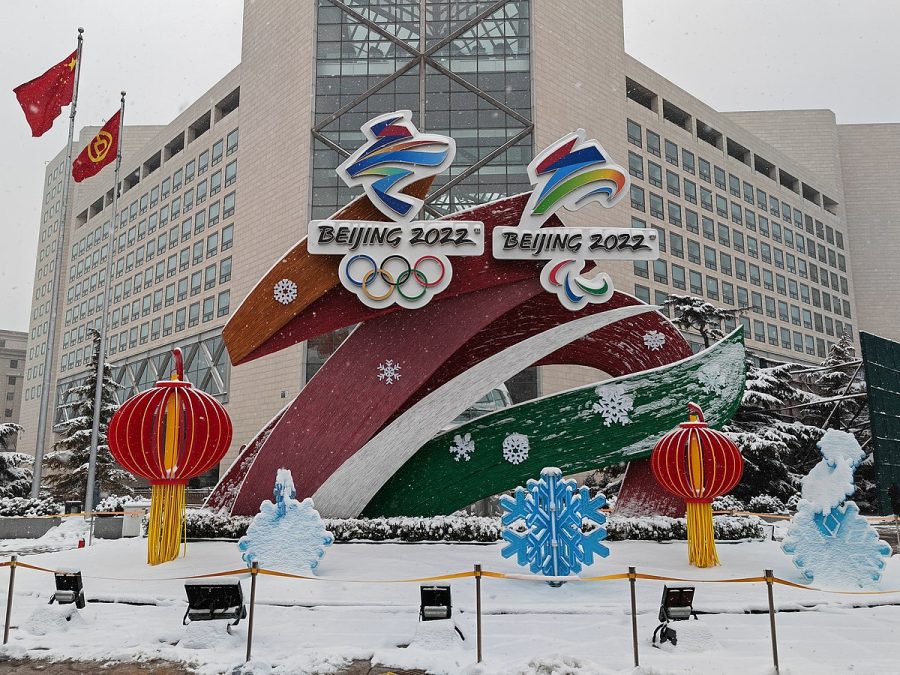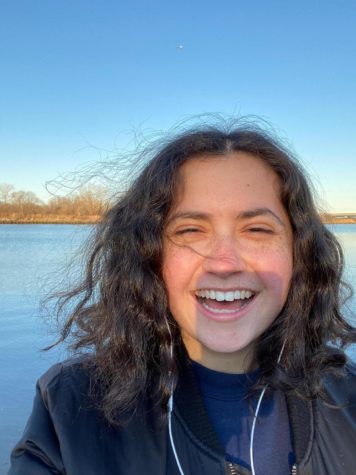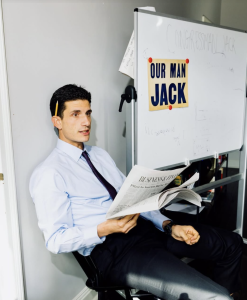China meshes the 2022 Olympics and its ‘zero COVID’ policy
February 18, 2022
KN95 masks, isolation, face shields and vaccines are as big of players in the 2022 Games in Beijing, China as the actual athletes.
As the Olympic Games are underway, COVID-19 cases are popping up in the Olympic bubble of athletes, coaches and staffers.
One of the most restrictive countries in the world on COVID–19, China’s zero COVID policy enforces snap lockdowns and months long isolation periods for cities and communities that have even small outbreaks of under 30 positive cases.
The goal is to have zero COVID-19 cases in the entire country — a tough feat for a nation home to more than 1.4 billion people.
While the country has amended its policies to allow the Olympics to occur within its borders, athletes, staffers, journalists and officials at the Games are facing pandemic restrictions much stricter than in their home countries.
The Olympic bubble is supposed to be a closed loop management system that limits the flow of people to Olympics events and venues to reduce exposure.
When international visitors entered the bubble for the first time they were required to be either fully vaccinated or spend 21 days in quarantine upon arrival. They must all wear face masks and undergo daily testing.
If individuals test positive, they are isolated, and allowed to leave and compete once their symptoms go away and they receive two negative COVID-19 tests in a 24-hour span.
Those who test positive and show symptoms are sent to a designated hospital for people from the bubble, whereas asymptomatic people stay in a separate isolation facility.
These rules have affected the more than 160 athletes and officials who have tested positive since arriving in Beijing, according to CNN. Some of these athletes even missed their competitions..
Other restrictions for people in the bubble is how their food is dealt with. Olympic visitors must wear plastic gloves when putting food on their trays in the cafeteria.
A CNN reporter tried to order a steak at her hotel and was told that, as a COVID-19 precaution, the steak could only be cooked well done, presumably to kill bacteria. She said that the meat came cooked “so dry it looked like jerky.”
Time will tell if all the precautions were worth it or not for the Olympians when they pack up and head home later this month.








